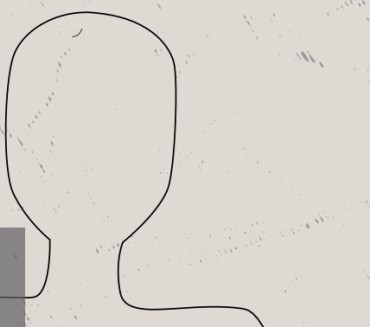Summary: 1. Introduction. – 2. Restrictions imposed by states on the Covid-19 pandemic. – 2.1. Restrictions on the right of movement: China, France, Germany, Ukraine. – 2.2. Restriction of voting rights through Covid-19. – 2.3. Restrictions on property rights. – 3. Public interest as a ground for substantiation of restrictions by states in relation to the pandemic covid-19. – 4. Conclusion.
The need to take measures to prevent the rapid spread of Covid-19 has led to the need for restrictive measures. Such trends require proper scientific and legal analysis, rethinking existing approaches to realizing rights. At the same time, the legal nature and essence of such restrictions should be clarified. This is due to the nature of the Covid-19 pandemic, and such restrictions have a positive effect on curbing the spread of the viral disease. Currently, the vector of major human rights violations is related to compulsory vaccination. It is necessary to continue this research and follow the practice of the European Court of Human Rights.
The study used general and special scientific methods of scientific research of legal phenomena, namely: comparative law, formal-logical, system-structural, dialectical, and other methods. The dialectical method of cognition allowed to study thoroughly the national civil legislation taking into account the international standards. The public interest in the form of safety, health, and human life determines the establishment of restrictions in connection with the Covid-19 pandemic. Here the goal of the state to ensure the security of the nation and the public interest are closely related. The comparative legal method was used to determine the common and distinctive features. The formal-logical method contributed to establishing the conceptual apparatus and content of current legislation, highlighting the contradictions in current legislation. The system of human rights was studied by system-structural analysis.

